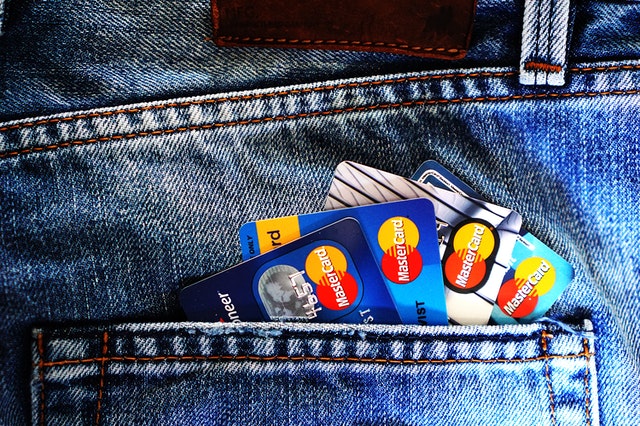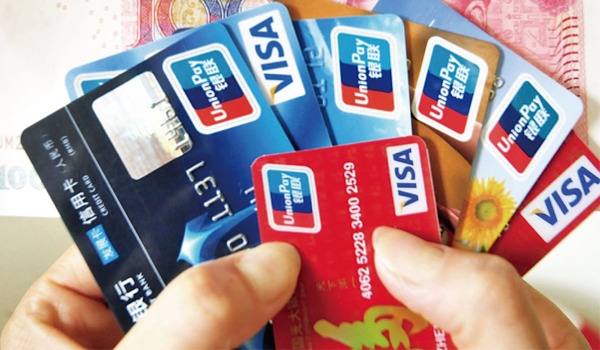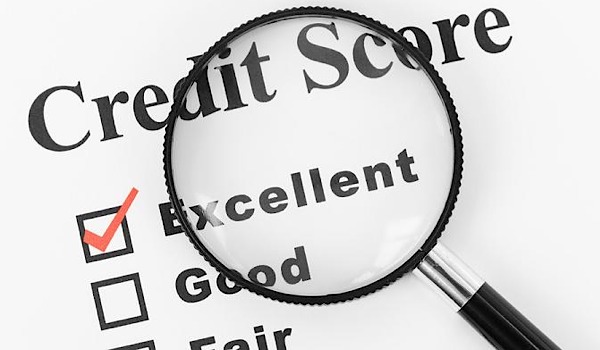4 Things Besides Debt That Impact Your Credit Score
Have you ever been left scratching your head after applying for something such as a mobile phone contract and it comes back that you’ve failed the credit score check?
Even though you don’t have any outstanding debts and have a generally good credit score – at least to your knowledge?
You’re not the only one. The credit scoring system is notoriously confusing, and it’s unfortunately not as simple as no debt = good credit rating.
To help you understand what might be influencing the decision of companies when you apply for any kind of credit so that you can take back control, here are 4 things besides debt that could be impacting your credit score:
Errors On Your Report:
One of the biggest things that can impact your credit score is errors, so it’s important that you regularly monitor your report to stay on top of any changes that don’t seem right.
There are various free tools you can use to check your credit score on a monthly basis. Errors can come from things such as searches against your name that are a result of identity theft or fraud, or they can come from paid debts that haven’t been erased from your report.

Frequent Searches:
If you’ve ever applied for a loan for something and been declined, then you might be tempted to apply to another company – especially if you have a good credit score and can’t see a reason for their decision to decline you.
However, making too many applications for credit in a short space of time can have a negative impact on your rating and could cause lenders to think you’re always looking for credit and unable to manage money.
Lack Of Debt:
Although it seems ridiculous that a lack of debt could work against you when it comes to your credit score, it’s unfortunately the case and is just another way in which credit score calculations are very confusing for most people.
A lender will think if you have no credit history, you’re a risk because you have no repayment history to show.
It’s the typical catch 22 for people who are looking to build up their credit history: you can’t get any credit because you have none, but you need credit to build your score.
To start building a good credit score, you can start with something small and low-risk, such as a credit card with a small limit or a mobile phone contract. As you continue to make your payments on time, your credit rating will rise.
How Much Available Credit You Use:
Another thing that will be used against you is how much credit you’re using.
For example, if you have a $5000 limit on your credit card and you’re maxing out your card regularly or going very close to your limit, this will appear to lenders that you’re overly dependent on credit and that you could have trouble paying things back.
When it comes to your credit score, there are lots of things that can impact it, both positively and negatively, so as mentioned above, it’s important that you make an effort to regularly monitor it for any changes so that you stay in control.


